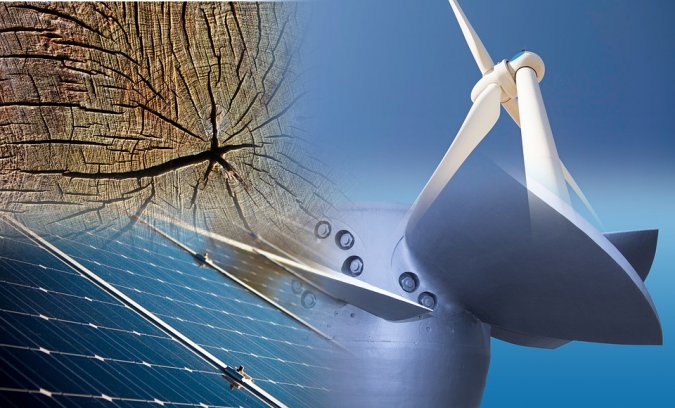
Call for help with escalating energy costs
High energy costs are undermining the crucial transformation of Europe’s textile and clothing industry, the organisation says.

4th February 2022
Innovation in Textiles
|
Brussels, Belgium
The current energy crisis is damaging the competitiveness of the European textile and clothing industry, according to industry body Euratex, because there are limited alternatives to the use of gas in different production processes and costs are increasing sharply.
The organisation is asking the European Commission and member states to urgently support the industry to avoid company closures and to develop a long-term vision to move towards climate neutrality, while keeping the industry internationally competitive.
It has presented a number of key requirements to Kadri Simson, the European Commissioner for Energy, seeking guarantees of a safe supply with sufficient green energy (both electricity and gas) at internationally competitive prices. Additional investments in infrastructure will also be needed to guarantee access to new renewable energy supplies, Euratex points out.
In addition, until a global or at least G20 level carbon price or other means for a global level playing field in climate protection are implemented, competitive prices for green energy must be granted at European or national levels.
Further, because the European textile and clothing sector faces global competition mainly form countries/regions with less stringent climate ambitions, it is of utmost importance that the European textile and clothing companies are prevented form direct and indirect carbon leakage. EU policy should support solutions, through targeted subsidies (for hydrogen, energy grids, R&D, technology roadmap studies etc.) and a dedicated approach for SMEs might be appropriate.
Further support will be necessary for breakthrough technologies, like hydrogen, Euratex says, and to assist the industry in decarbonization and carbon neutrality. The primary goal must be to establish an internationally uniform, binding CO2 pricing, preferably in the form of a standard.
Euratex works to achieve a favourable environment within the European Union for the design, development, manufacture and marketing of textile and clothing products.
The EU textile and clothing industry, with around 154,000 companies employing 1.47 million workers, is an essential pillar of the economy across many EU regions with over €53 billion of exports.

Business intelligence for the fibre, textiles and apparel industries: technologies, innovations, markets, investments, trade policy, sourcing, strategy...
Find out more